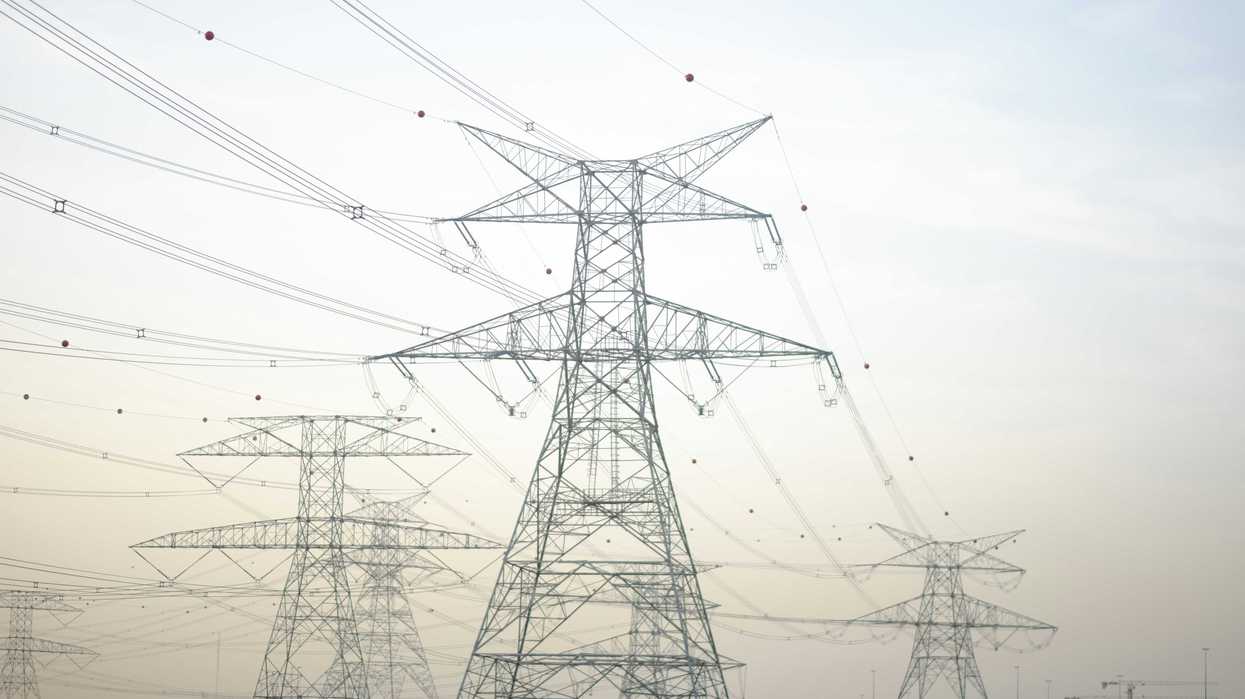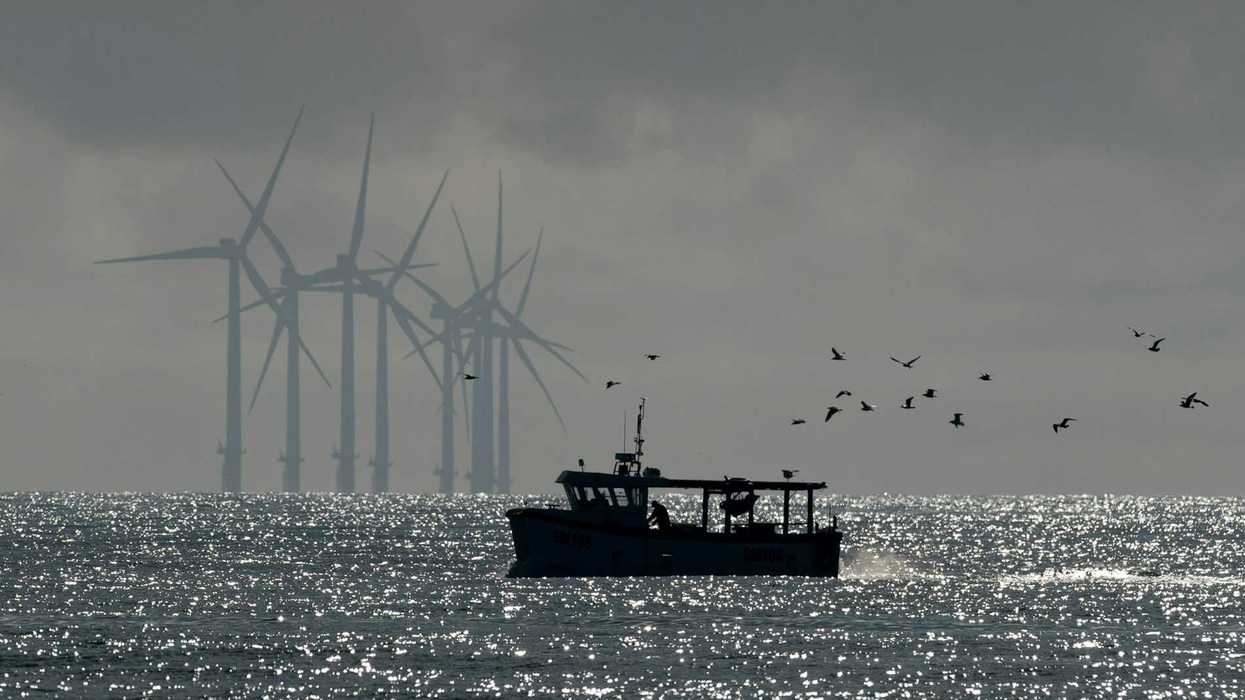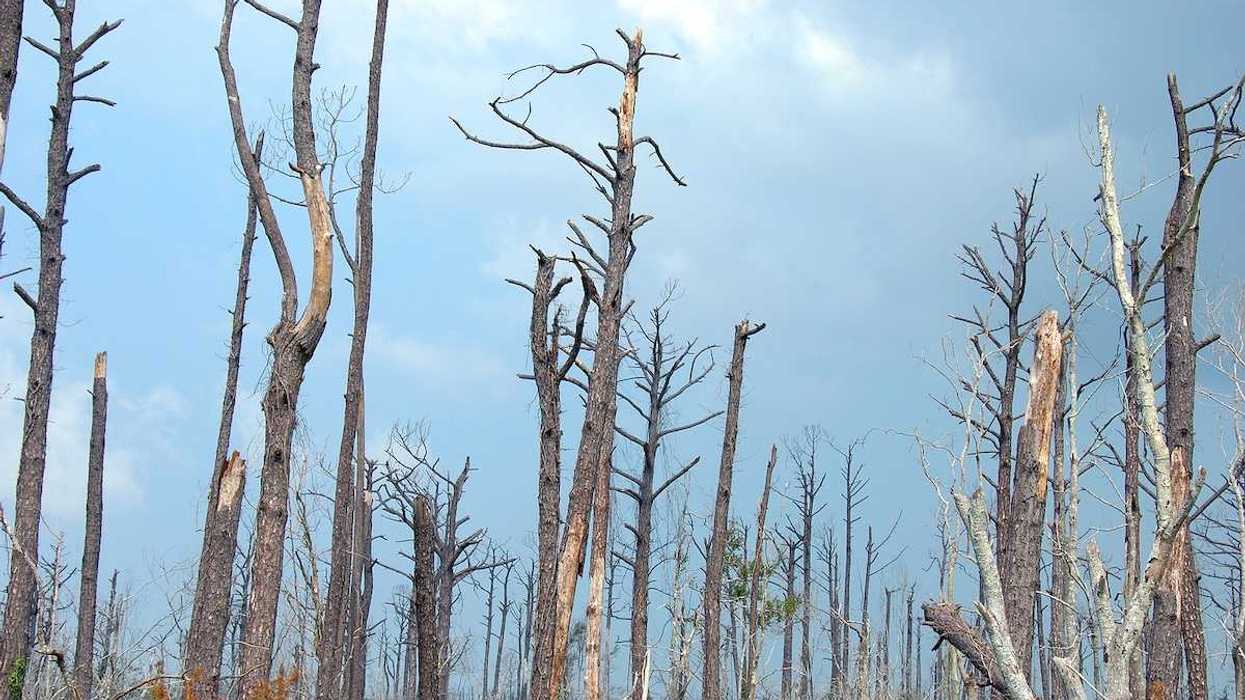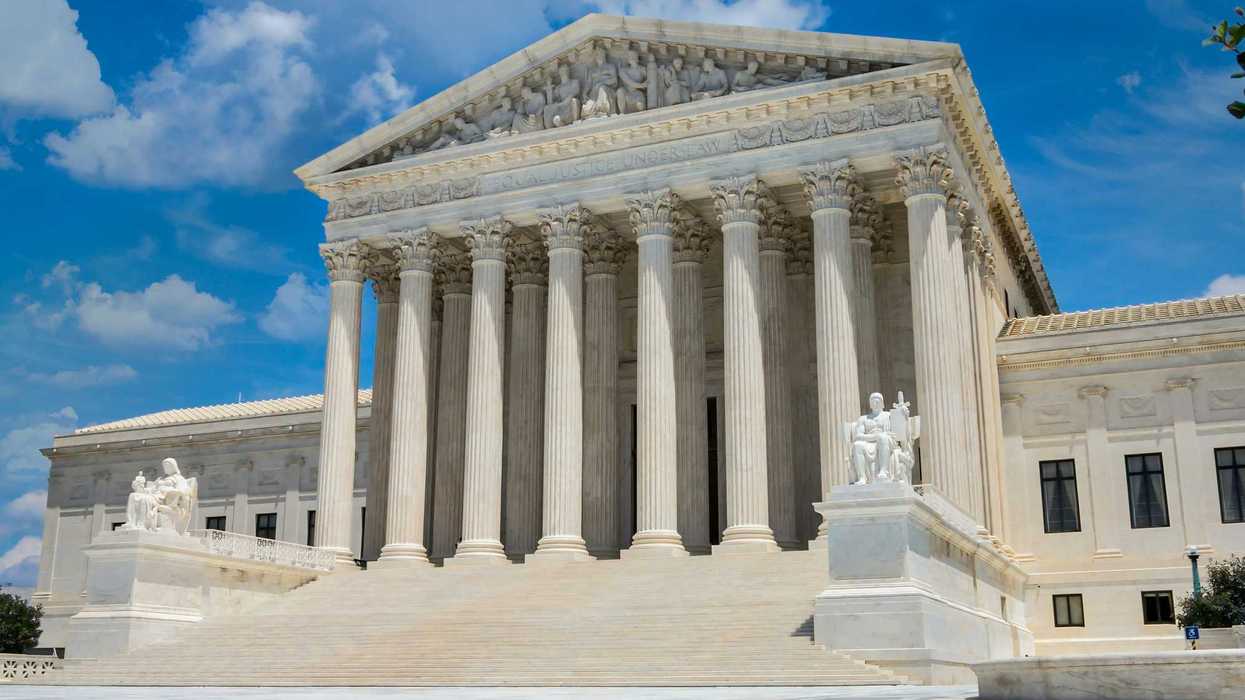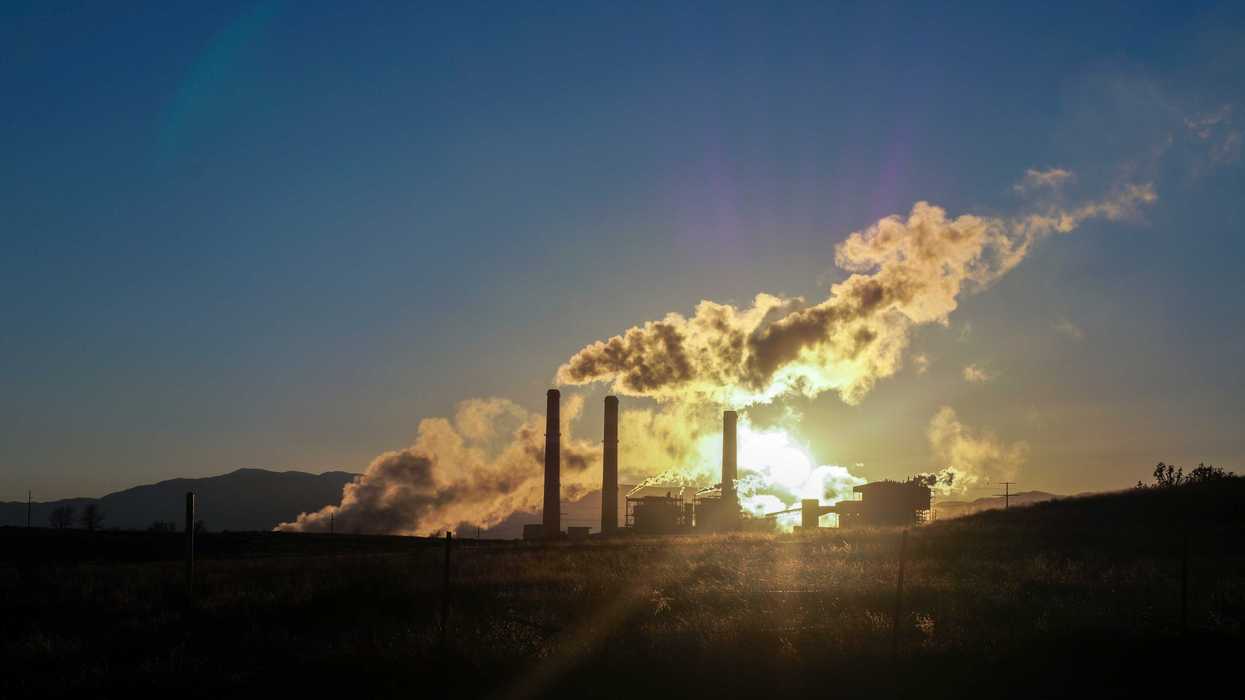Hundreds of National Oceanic and Atmospheric Administration (NOAA) employees, including weather forecasters and climate researchers, were abruptly fired last week, raising alarms about public safety and the legality of the dismissals.
Bob Berwyn and Lauren Dalban report for Inside Climate News.
In short:
- NOAA fired about 650 employees, affecting weather forecasting, hurricane tracking, and fisheries management, while a federal judge temporarily blocked further terminations.
- Critics argue the firings will reduce the accuracy of severe weather predictions, hinder climate research, and disrupt the collection of critical environmental data.
- The cuts follow policy recommendations from conservative groups seeking to privatize weather forecasting and diminish NOAA’s climate research.
Key quote:
“It is pretty straightforward to say that NOAA scientists are public servants who help manage natural resources on behalf of the American people, and that we are less safe and less sustainable without them on the job.”
— Catherine Macdonald, conservation biologist
Why this matters:
NOAA provides essential weather forecasts and climate data that protect lives and support industries from agriculture to aviation. Its work underpins industries such as agriculture, shipping, and aviation, providing real-time forecasts that help mitigate risks. Beyond weather, NOAA also monitors ocean health, manages fisheries, and studies long-term climate trends, shaping policies that address climate change and environmental protection.
A weakened NOAA could mean gaps in forecasting, reduced disaster preparedness, and diminished scientific oversight of climate-related policies. It could also disrupt the global exchange of weather data, as NOAA collaborates closely with international agencies. At a time when climate-related disasters are growing in frequency and severity, any reduction in NOAA’s capacity could leave communities more vulnerable and policymakers less equipped to respond.
Learn more: NOAA scientists face restrictions on foreign collaboration



